Continuing our series looking at groups with similar aims, Trevor Parsons meets the dynamic Christian charity Renew Wellbeing which, in less than a decade, has grown a network of 260 wellbeing spaces and places where it’s OK not to be OK
In 2010, full-time primary school teacher, mother of three, and enthusiastic Baptist church member and leader Ruth Rice had a breakdown. Suddenly, seemingly inexplicably, it was all too much.
With all that was going on in her life—all which she loved doing—she had simply “forgotten that I was a human being. Nobody else was terribly surprised when I had a breakdown, but I was! Because I hadn’t looked after myself very well. I’d been burning the candle at both ends, and to be honest, church was a big part of that. I wanted to change the world, and I wanted everybody to come to know Jesus, and I wanted to be the best mum and the best wife. And I wasn’t the best anything. And there was a day came that I just couldn’t get out of my bed.”
Recounting her story at a Renew Wellbeing training course for churches organised by the Diocese of London, Ruth says: “The straw that broke the camel’s back—and it still makes me laugh thinking of it—was just trying to think ‘what shall we have for tea?’ I slid down onto the kitchen floor and cried for an hour. I remember thinking: ‘This isn’t right—I’ll just have a little rest.’ And as it turned out I couldn’t function in my life for about a year.”
Continue reading “Renew Wellbeing”




